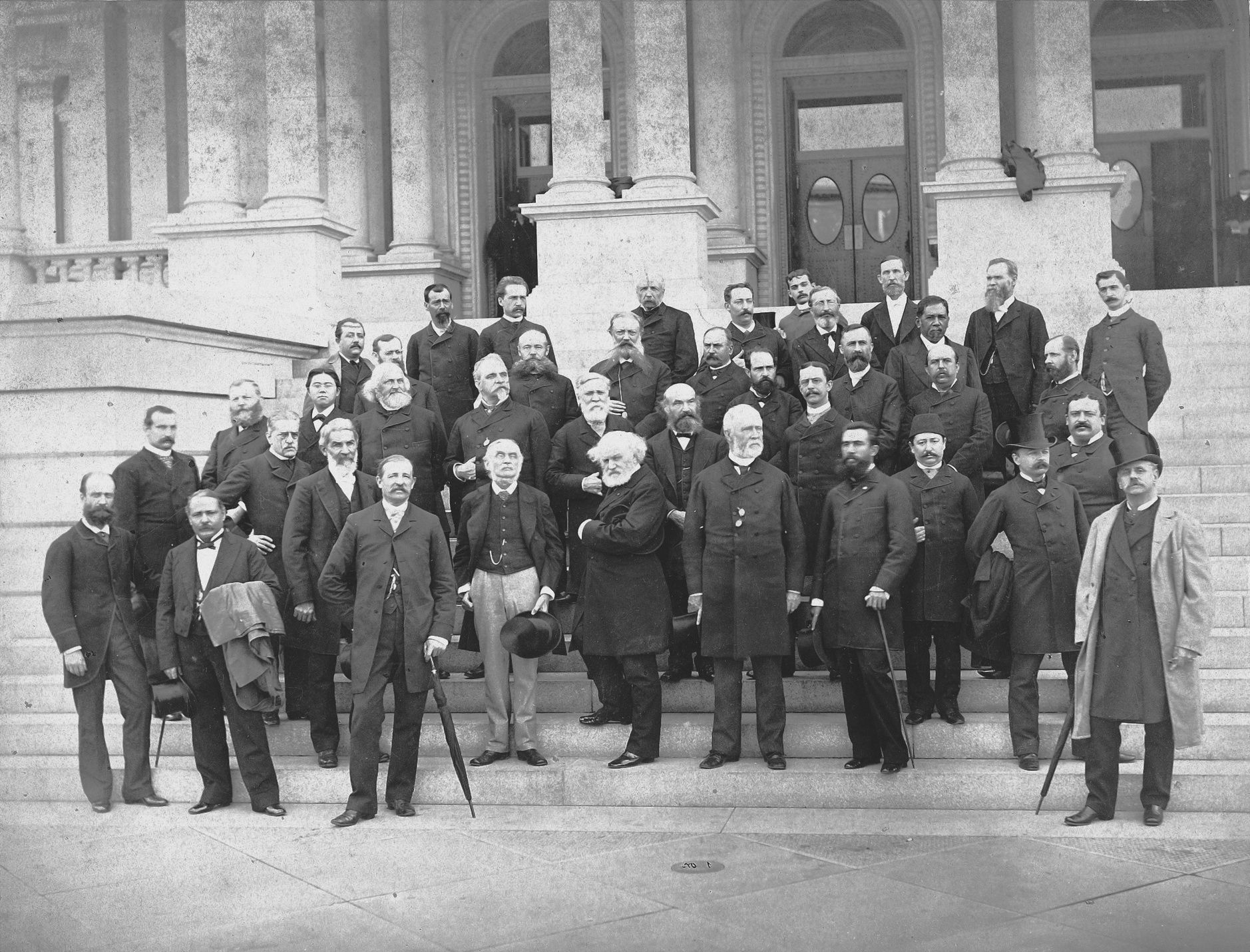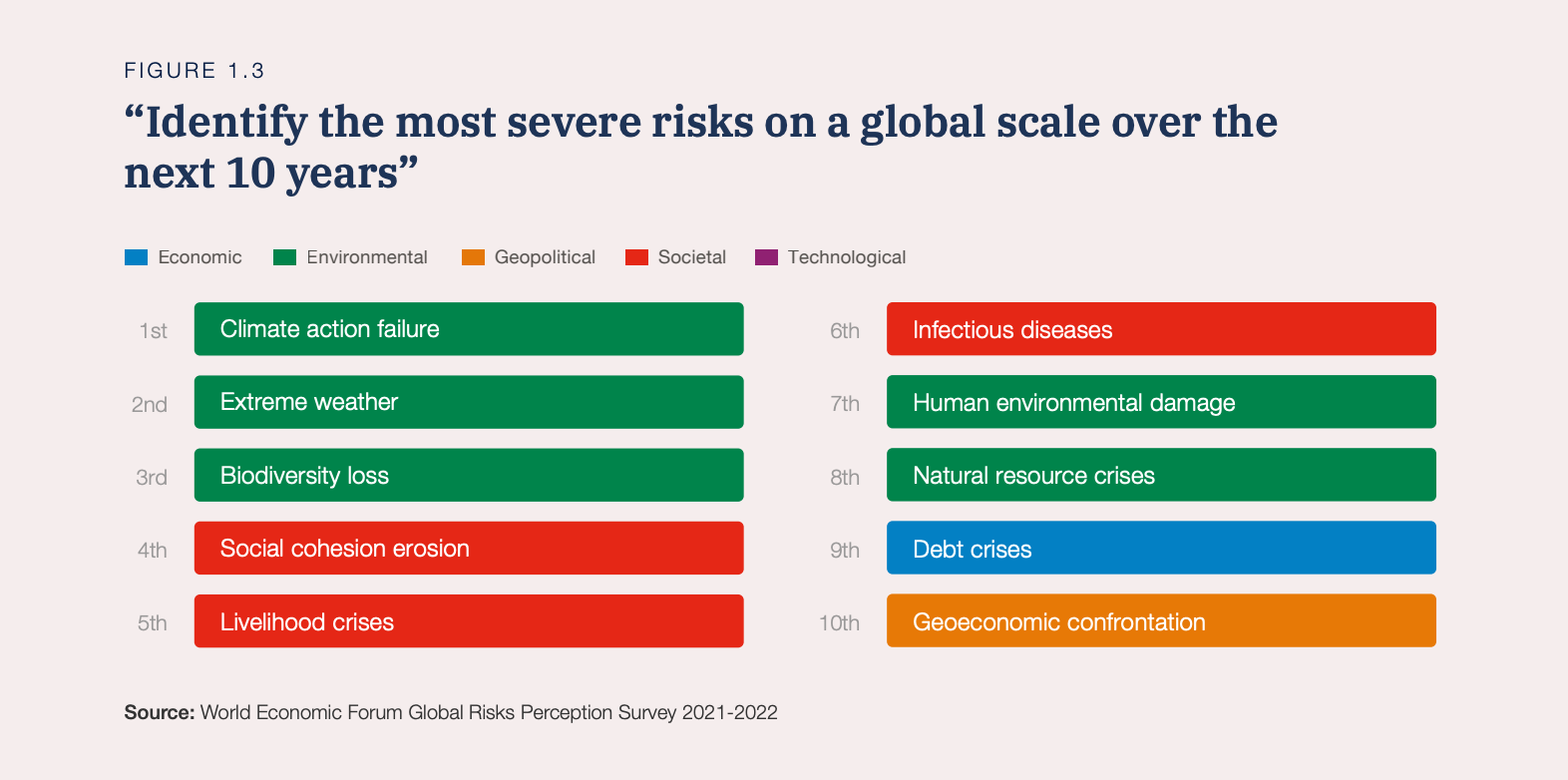Is 'time' still of benefit to us?
It may well be a key reason as to why we sadly continue to stress about the wrong things.
Time, as we know it in our modern world - perhaps it's more accurately to label it as 'standardised clock time', is actually a fairly recent invention.

'Standardized time (that we use today) became vital for seafarers and irresistible to corporate interests, such was the ease it could offer trade, transport and electric communication. But it took longer to colonize the minds of the general public. During the British “railway mania” of the 1840s, around 6,000 miles of railway lines were constructed across the country. Investors (including Charles Darwin, John Stuart Mill and the Brontë sisters) climbed over each other to acquire rail company shares in a frenzy of freewheeling capitalism that caused one of the biggest economic bubbles in British history. Companies like Great Western Railway and Midland Railway began to enforce Greenwich Mean Time inside their stations and on their trains to make timetables run efficiently.'
This new invention of standardised time was then forced onto people and communities (whom up until then had their own ways of keeping track of the passing day) for commercial operational efficiency:
'Every city, town and village in Britain used to set its clocks to its own local solar time, which gave each locale a palpable sense of identity, time and place. If you lived in Newcastle, noon was when the sun was highest, no matter what the time in London was. But as the railways brought standardized timetables, local times were demonized and swept aside. By 1855, nearly all public clocks were set to GMT, or “London time,” and the country became one time zone.'- via
Time doesn't even exist.
Physicists will tell you that time is a fictional construct that doesn't even exist outside of our human understanding of it. You may be able to point at a clock and note the rhythmic ticking of its mechanism, but the instrument itself is the illusion in which we believe the concept of time to be true, not the made up reality that it is supposedly measuring.
However, along with religion, money and social media - time has an extraordinarily impactful emotional affect on our lives.
The past, the present, the future, deadlines, running late, lifetimes, good times, make time, no time - all carry emotional currency with us, because these are human constructs rooted in our personal relationship with time.
If you want proof that time and our emotions are intertwined, just take note of your feelings of dread that magically seem to appear every Sunday evening from about 7pm. Or the feeling of elation when you wake up on a Friday morning.
We pop open Champagne with great excitement and kiss strangers at midnight on the 1st of January every year; we define ourselves as individuals based on how many times we have travelled full circles around a ball of fire that's close to the big rock we happen to be on; we read endless books and attend seminars and classes trying to train our brains to ignore its incessant want to constantly travel into the past and the future and rather just be in the present (ironically the place that we have been all along).
"Time for us is an emotional connection with the events of the world." - Carlos Rovelli
Time is also a deeply political tool (propagated by the British and spread throughout the world by Western civilisation and capitalism) which entrenches our believe that we have access to limited quantities of it.
This false sense of urgency is the fuel that basically powers our consumerist societies.
The global 21st century narrative is that 'Life is short, time is running out - better make the most of it while we still can.'
It's a powerful motivator, emotionally inspiring us all to get up and do something with our lives; change the world, make a bloody difference damn it...before it's too late.
But the way in which we conceive time and our dogged obedience to it is also extremely limiting and increasingly, is a major problem in the world.
Climate change and of perceptions of time are closely linked
Climate change is the #1 risk that the world faces.

However perhaps even more concerning, knowing that we as a species face certain catastrophic danger of our own doing, is our inability as humans to be motivated to take action to curb climate change.
Many scientists and psychologists are now starting to believe that the real problem may lie in how we as human perceive time in relation to the climate change threat.
'There are a number of temporal dimensions that characterize the biophysical phenomena of climate change. Perhaps the most basic temporal dimension of climate change is its extension into the future. While impacts are already happening, the most significant and far-reaching impacts of climate change lie in the future. Thus there is a distance between our lives now and these future climate change impacts.'
'Climate change time dimensions clash with shorter societal time constructs, e.g. 4-year election cycles, and 5–20 year time-horizons used in community planning or cost-benefit analysis.'
'People on average think about the future as about 15 years out, with very limited ability to imagine the future beyond 10–20 years. The standard timelines (e.g., 2050, 2100) used by climate scientists are therefore not meaningful to the general public.'
Climates change slowly from our limited 24-hour perspective - so what's the rush? We've got time, right?
A lot has changed and is still going to change in the world since the end of the 19th century; and the adopted model of time that was designed to keep trains moving and productive more than 130 years ago is perhaps not as well-suited to our needs today.
We're trying to solve our modern problems by considering things like 4-day work weeks and limiting the number of hours we are legally required to work as a part of our employment contracts.
Much like climate change, artificial intelligence and machines don't care about our construct of time either, they have no emotional connection with it and are not legally subject to its guidelines; yet in all the discussions around the future of work we are trying to fit ourselves into a modern changing, complex, interconnected world by tinkering around with our over-simplified, linear and rigid adherence to 'the clock'.
'Capitalism did not create clock time or vice versa, but the scientific and religious division of time into identical units established a useful infrastructure for capitalism to coordinate the exploitation and conversion of bodies, labor and goods into value. Clock time, the British sociologist Barbara Adam has argued, connected time to money. “Time could become commodified, compressed and controlled,” she wrote in her book “Time.” “These economic practices could then be globalized and imposed as the norm the world over.”'
In an ideal world, perhaps it would be time to relook at time (how we define, use and measure it) and collectively (from a planetary perspective as well as in our communities) reconfigure it to serve us better (rather than us being of service to it).
As we see it right now however, it may well be a key reason as to why we sadly continue to stress about the wrong things.






